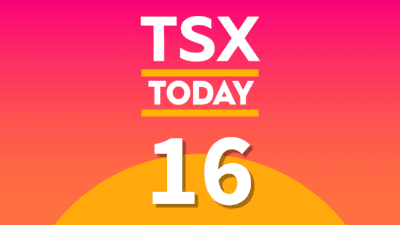When it comes to investing in the stock market, two popular options are individual stocks and exchange-traded funds (ETFs). An individual stock is an ownership stake in a company. An ETF is a diversified basket of stocks managed by a trust in exchange for a fee. Most investors hold a combination of both stocks and ETFs. An individual stock can potentially give you a higher return than the market, but it requires some luck. An index ETF gives you a guaranteed “average” return for the market, minus a small fee paid out to the managers.
In this article, I will explore the pros and cons of stocks and ETFs, so you can decide which one is right for you.
Stocks
Individual stocks have one main advantage over index ETFs: higher potential returns.
I stress the word “potential” because the “expected” return on any given stock is not higher than that of the market. But in a best-case scenario, a stock can deliver much better returns than any index could. You might have heard stories about people investing all their life savings in Amazon in its infancy and multiplying their investment 100-fold over the decades. Sometimes, people who invest in individual stocks do indeed get these kinds of returns. It’s not a common outcome, but it’s possible.
ETFs
The main virtue of index funds as opposed to individual stocks is less risk. You might have heard the saying, “don’t put all your eggs in one basket.” The idea here is that if you spread your risk across different assets, you face less risk to your total collection of assets. Index ETFs are based on this idea. Because they hold diversified baskets of stocks, the risk is lower compared to that of any individual stock.
To put it in more technical terms, ETFs reduce “unsystematic risk.” Unsystematic risk is one of two components of financial risk. The other is market risk — the risk that all investments face. Unsystematic risk is the risk to one company (like a pharmaceutical company getting its patent application denied); market risk is simply the risk of investors selling stocks or any other class in general. With individual stocks, you face specific risk and market risk. With a sufficiently diversified index ETF, you only really face market risk, because the specific risks are “diversified away” — weakness in any one stock can be made up for by strength in another.
As an example of the risk-reducing tendency of index ETFs, consider iShares S&P/TSX Capped Composite Index Fund (TSX:XIC). It holds a whopping 240 stocks, so a decline in any one of its assets could be offset by gains in others. This year, we saw a massive selloff in tech stocks that absolutely pulverized some individual names. XIC has no shortage of tech exposure. But the big gains observed in energy and utilities were enough to make up for the losses in tech — and then some. In this “weak” year for the North American markets, the XIC index ETF is up a modest 2.5%! That’s not a return you’re going to brag about or anything, but better than many investors’ results this year.








